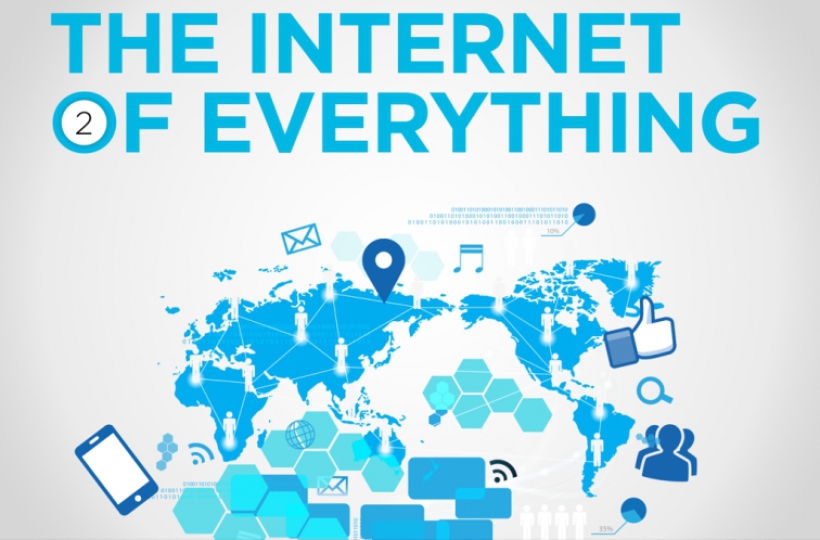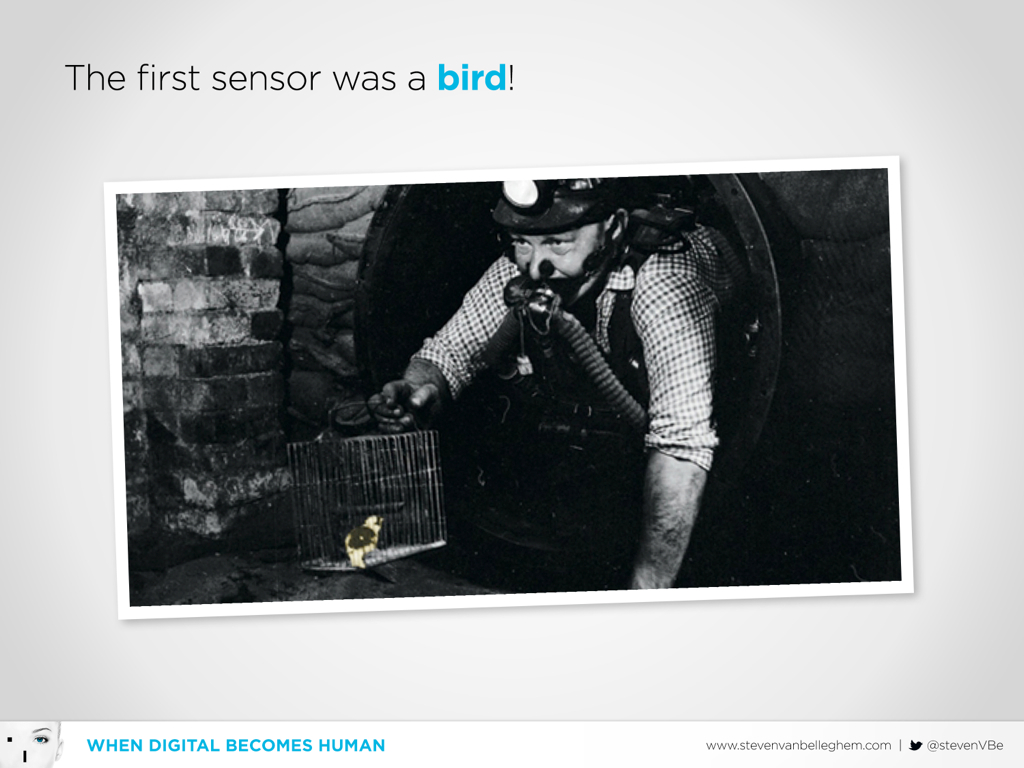How the Internet of Things will lead to faster than real time customer service

Mineworkers used to take canaries down to the coal face with them. The moment that the canaries stopped whistling, the miners knew that there were poisonous gases in the mine. These poisonous gases, such as carbon monoxide and methane, killed the bird before the miners themselves were affected. In other words, they were a perfect warning mechanism – and one that saved many lives. The modern day equivalent of canaries is sensors. In the near future there will be sensors just about everywhere, from your local motorway to neighboring planets in our solar system. These sensors collect information and take decisions. Before too long, we will have sensors in our clothes, our coffee machines, our heating thermostats and even our toasters. It is estimated that by 2020 the sensor market will be worth 29 billion dollars. Gartner predicts that by this same year some 26 billion consumer products with integrated sensors will have been sold.
This 2 minute video gives you some more insights on the idea of this post:
The evolution from reactive, to real time, to faster than real time customer service
The canaries in the mines are actually an example of faster than real time customer service. The solve a problem before it happens. Reactive customer service would be worthless in the mines. If people die, there is no solution anymore.
In the business world, most of the customer service is reactive: people face a problem and they contact a company (by phone or mail) to get the problem solved. Over the last five years, there have been more and more examples of real time customer service. If people face a problem, they expect an instant solution via an app, a self service site or social media. In the future world, people will expect faster than real time customer service: solve a customer’s problem before the customer detects the problem. This could lead to customer contact centers with only outbound communication: solutions towards clients.
Some people feel that the concept of ‘faster than real time customer service’ is unrealistic. However, just imagine the possibilities if every device has a sensor in it which is connected to the web. At that moment, companies can monitor the performance of their devices and solve problems before they occur.
3 examples of companies that are moving towards the faster than real time possibilities
To prove that it is not so futuristic as it may sound to some of you, let me share three examples of companies that are experimenting with this concept.
Tesla calls its drivers a week before a problem will occur. The driver gets a proactive message and a faster than real time solution. This safes drivers time and it increases the safety of the customer. Tesla is the example of a connected device. The car is a group of sensors that are connected. Because of this high tech approach, they can create a service level which is higher than in most ‘traditional’ premium car brands at this moment.
Siemens healthcare monitors all the devices they have sold to hospitals. Their dashboard gives them insights in the performance of each of the devices. This allows them to fix a problem before it occurs. Certainly in this context it is really important to make sure that those medical devices don’t break down. Their dashboard is fed with input from connected sensors in the medical devices.
KLM created a team, called Sherlock, that has to solve passengers problems before the passenger discovers the problem. If someone lost an iPad on board of a KLM plane, they want to return the iPad before the passenger misses it. KLM is also playing around with beacons in Schiphol airport. This allows them to communicate for instance gate changes proactively to passengers.
The more companies play around with the faster than real time concept, the higher the expectations of customers will be. The rise of sensors is the technology to think about this possibility.
